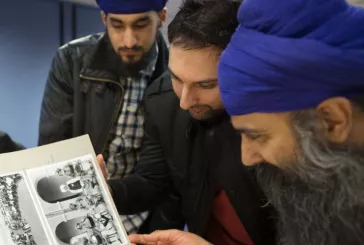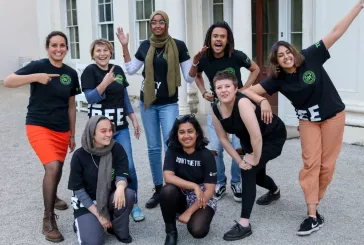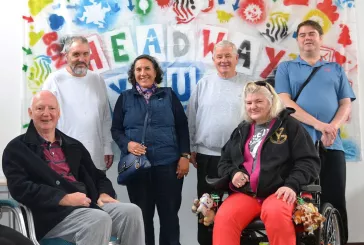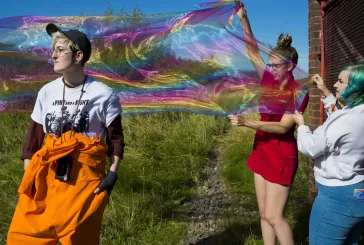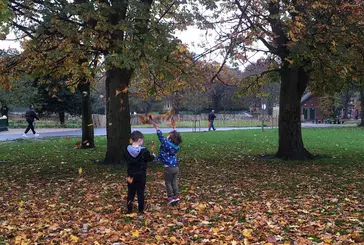Inclusive heritage
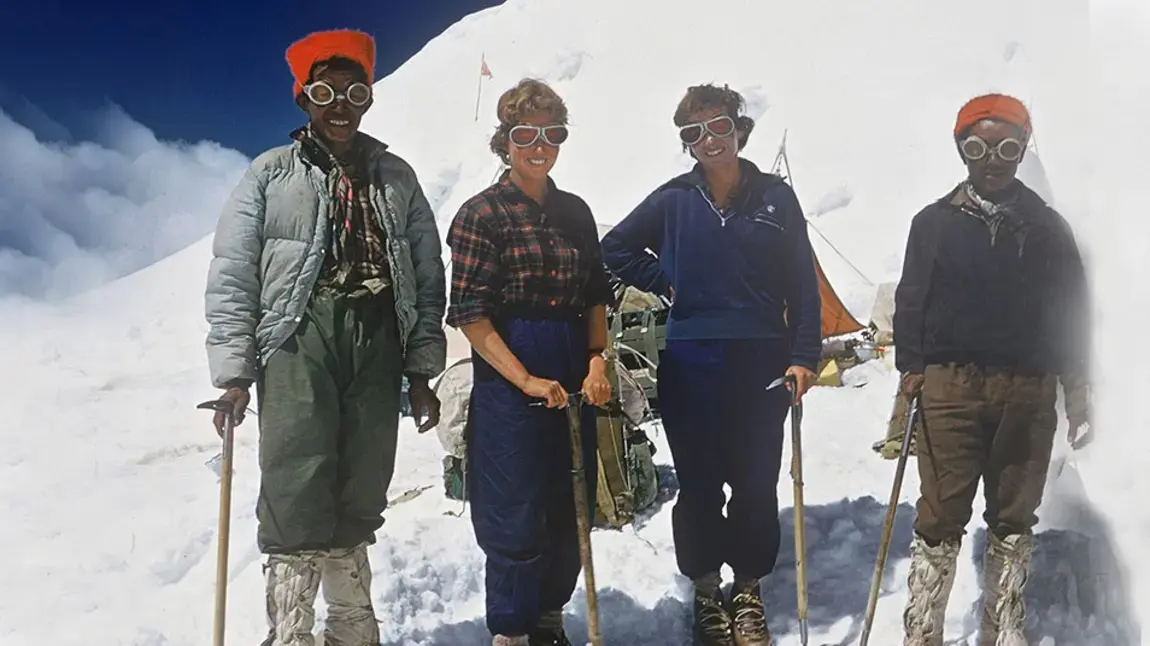
Using money raised by National Lottery players, we provide grants for heritage projects from £10,000– £10million to ensure that heritage is valued, cared for and sustained for everyone, now and in the future.
What is inclusion?
We believe everyone should be able to benefit from our funding, regardless of age, disability, ethnicity, gender, sexuality, faith, class or income. Explore the stories below to see how organisations have thought creatively about making their projects inclusive.
"Heritage activities bring people and communities together in so many brilliant ways. We are constantly inspired by the many creative ways previously hidden histories are shared, helping us all learn more about each other and our differing personal lives, experiences and memories."
Liz Ellis, Heritage Fund Policy Project Manager for inclusion
The terms we use:
Some of the terms we use include:
- diverse ethnic communities, or ethnically diverse communities. In Scotland we use MECC (minority ethnic and cultural community). We have revised our usage of the term BAME (Black, Asian and Minority Ethnic).
- LGBTQ+ (lesbian, gay, bisexual, transgender, queer and other identities)
We use these terms because we believe they are widely understood. Identities can be complex and intersectional, and we are also aware that for many these terms may feel inadequate or limiting. We keep the language we use constantly under review.
What we expect from projects
Inclusion, access and participation is one of four Heritage 2033 investment principles that guide our grant decision making. Every project we fund must take into account how they will support greater inclusion, diversity, access and participation in heritage.
We want to see every project taking steps to reach out to new people, to share heritage beyond their organisation, and to embed inclusive practice as far as they can.
In planning your project, ensure that everyone you work with feels a sense of welcome and belonging. Take a look at our inclusion good practice guidance for advice and ideas.
What you can expect from us
We want to make sure our funding is open and accessible to all. We have set out a plan to meet people’s access needs, from translation services to digital application support.
We support all sorts of projects which explore and celebrate the heritage of diverse ethnic communities.
We also want to help the sector itself to better reflect the UK population.
Since 1994, we are proud to have invested over £60million across the UK in projects working with children and young people. This includes the £10m Kick the Dust programme.
Disabled people are under-served in every area of the heritage sector, including people who are learning disabled, people with physical or sensory disabilities or those living with dementia or using mental health services.
We are working in partnership with disabled people to change this unfair situation.
Since 1994 we've invested over £12million across the UK in sharing stories of LGBTQ+ (lesbian, gay, bisexual, transgender, queer and other identities) heritage, creativity, activism and much more.
Heritage can build connectedness to where you live, to people around you or to a community online. It can support individual confidence and self-esteem, and provide opportunities to be mentally and physically active.
Heritage can also help us find meaning and purpose in our lives. Both are significant aspects in how we experience wellbeing.
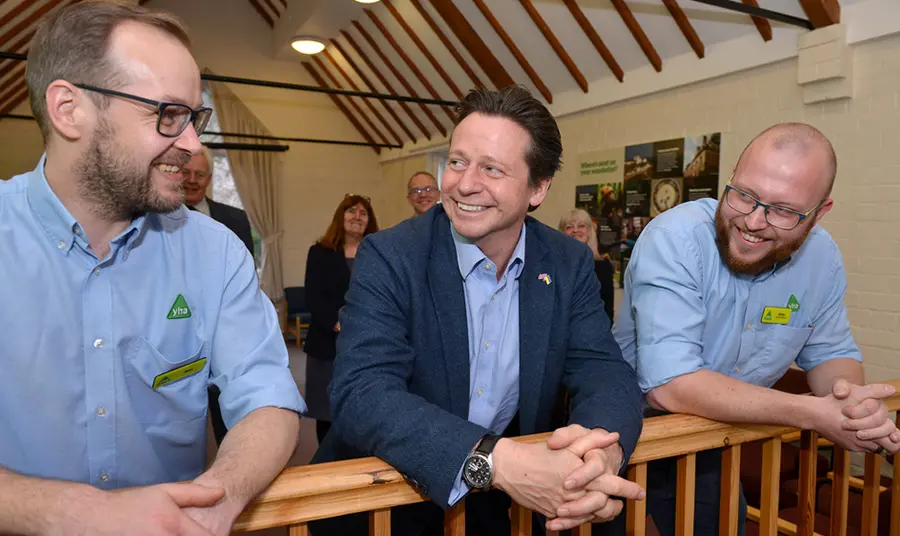
News
Charity YHA awarded almost £1million from the Culture Recovery Fund
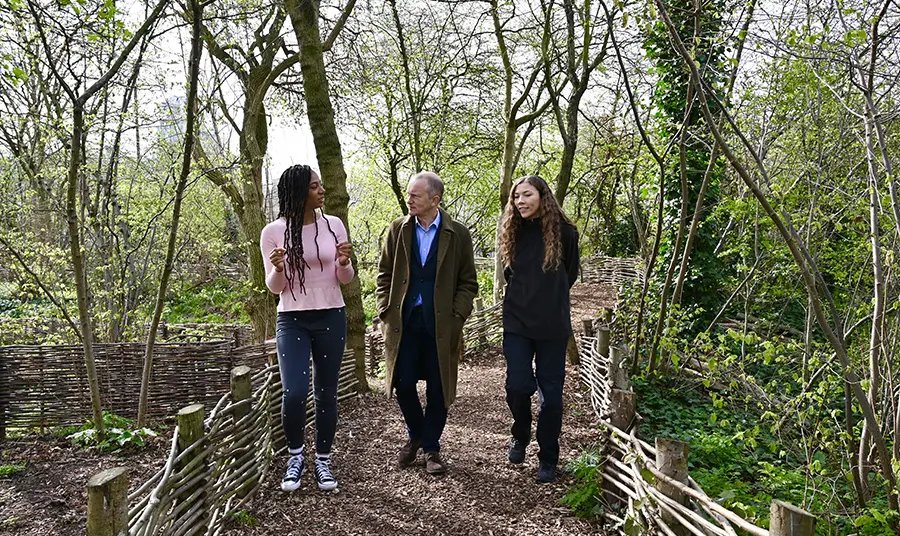
News
£5million to improve access to nature and combat climate change
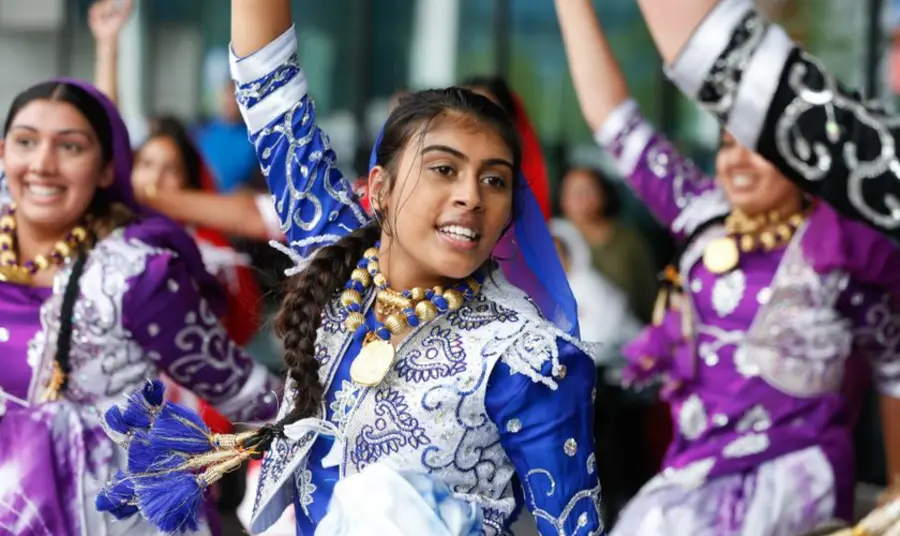
Videos
Inspiration for your heritage project
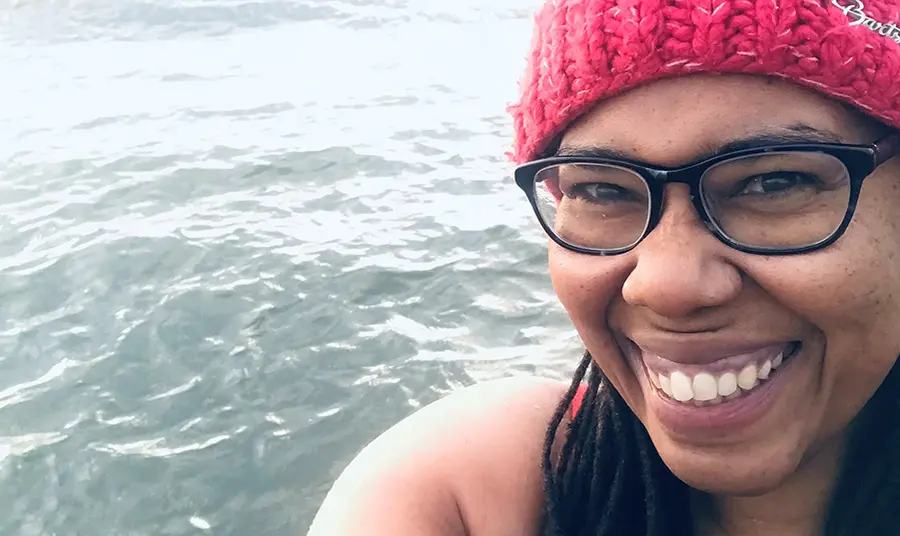
Blogs
Dr Sheree Mack: passion projects and empowering women
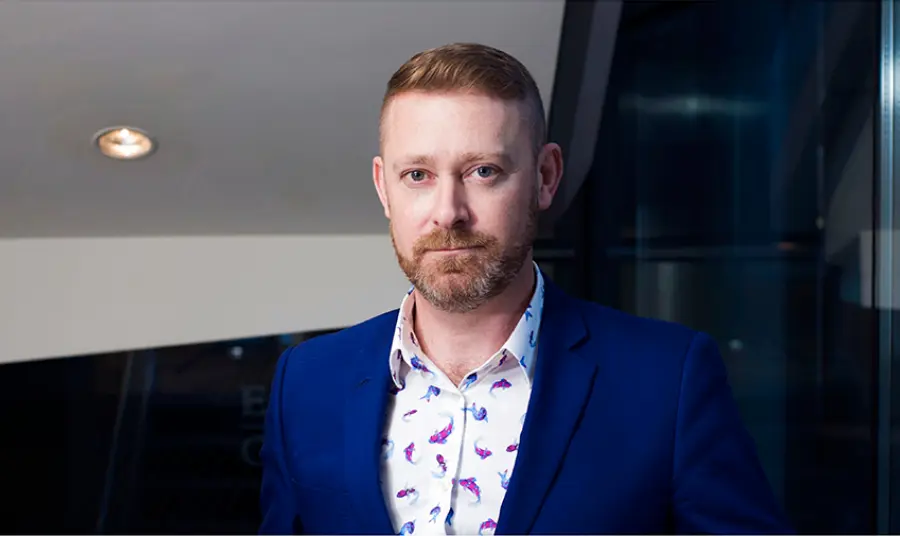
Blogs
How ‘small’ grants can make a big impact for communities
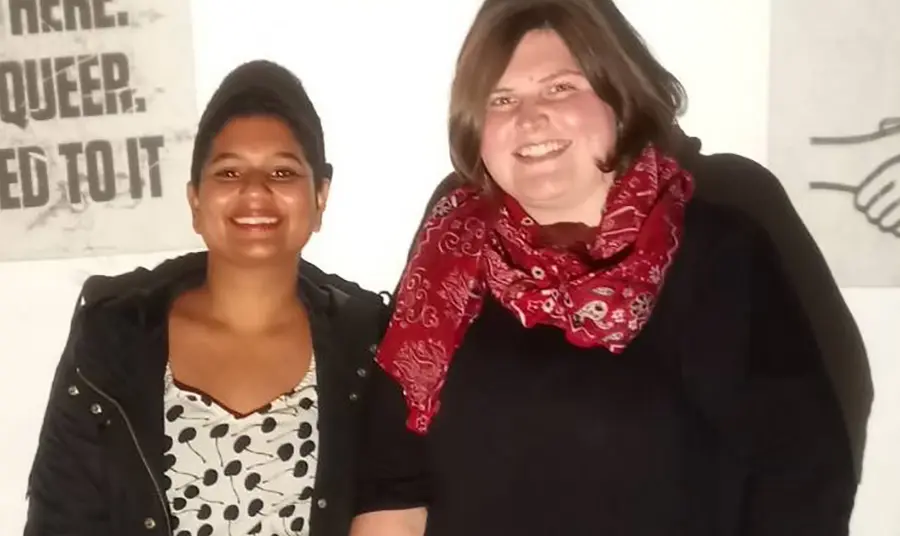
Stories
LGBTQ+ projects that mean the most to us
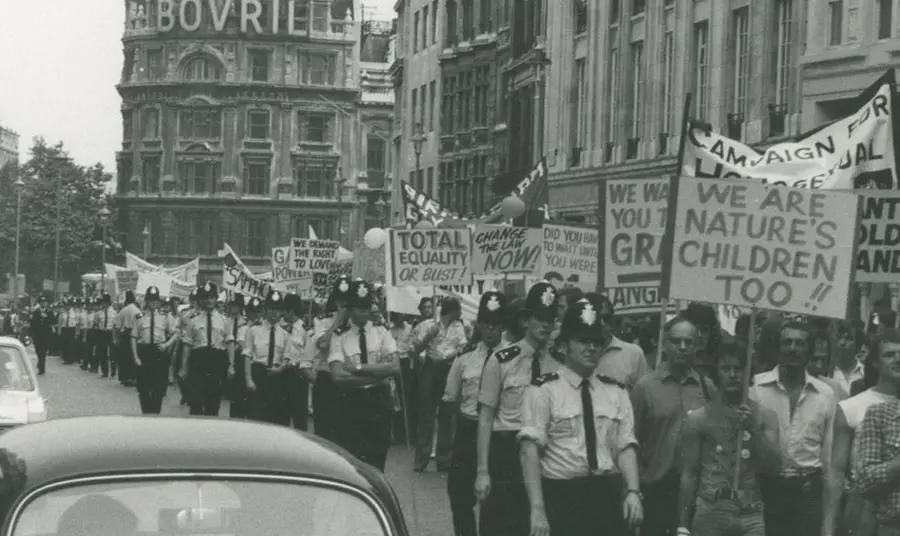
Stories
Saving LGBTQ+ stories before they are lost forever

News
£2.7million funding for Grimsby Youth Zone

Projects
Pride! Prevention! Protection! 30 years of safer sex
LGBT Foundation recorded the memories of people involved in and affected by safer sex campaigns from the 1980s to the present day.

Projects
Don’t Settle: young people share their stories
On a mission to use heritage to give young people a voice, this project worked with diverse ethnic communities in Birmingham and the Black Country.
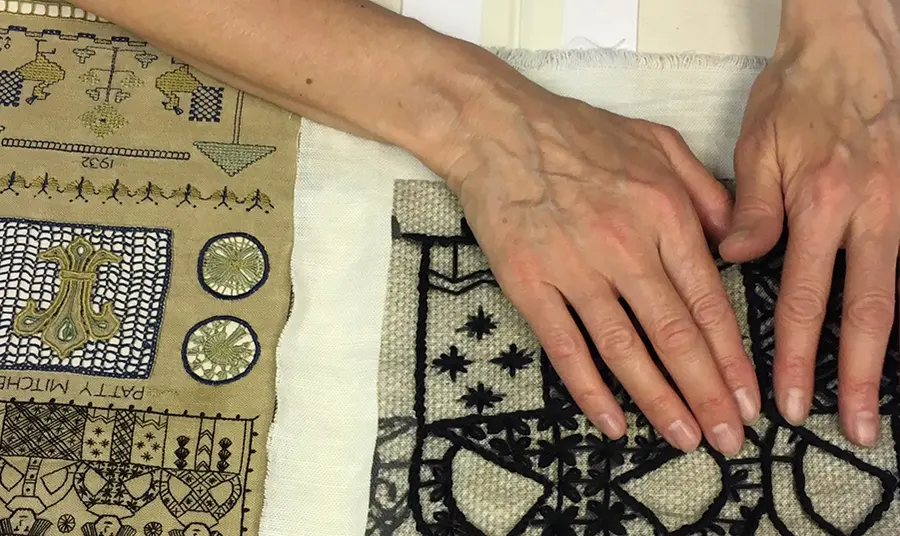
Projects
Touching stitches: embroidery access for the blind
This innovative project explored ways to enable blind and partially sighted people to access the Edinburgh College of Art’s historic textile collection, which spans over three centuries.
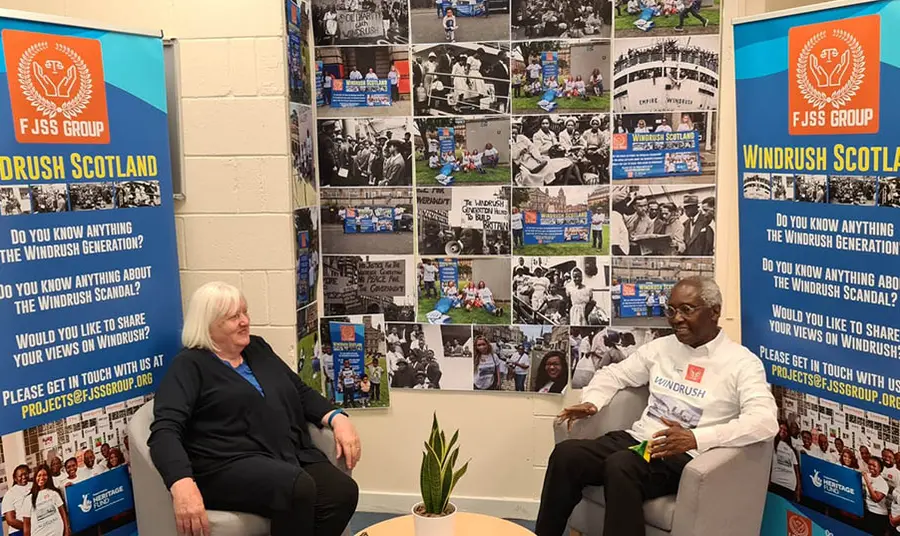
Projects
Windrush Scotland: African-Caribbean Experiences in Scotland
Getting people talking and creating an archive of African-Caribbean community identity in Scotland was at the heart of the Windrush Scotland project.
